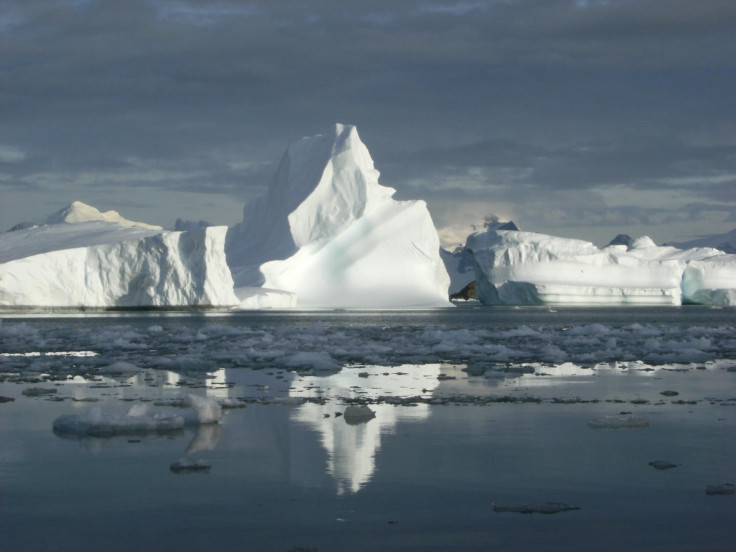NASA reveals world's thickest glacier melting at an alarming rate
Satellite images indicate that the Taku glacier is melting 80 years faster than scientists' estimations.
Global warming has insidiously impacted the world's thickest mountain glacier. Images taken by NASA's satellite show that the Taku glacier, located in Alaska, has shrunk in 2019. The shrinking of the glacier is alarming since the glacier has not shown signs of retreating in over 70 years.
Mauri Pelto, the director of the North Cascades Glacier Climate Project and a glaciologist at Nichols College in Massachusetts, has been studying Taku for more than 30 years. Taku had gained a mass of 1 foot per year between 1946 and 1988. Based on the annual growth of the glacier, Pelto had estimated that the glacier would continue its expansion over the years.
However, in 1989 the glacier's growth slowed down incrementally until it halted between 2013 and 2018. Pelto credited record-high summer temperatures for signs of the glacier shrinking in 2018. At times, glacial growth halts for many years before it starts to retreat.

Pelto was stunned by how fast the transition happened from the glacier growing to it retreating. The Daily Mail pointed out that the glacier expert observes around 250 glaciers around the world. Yet, Taku's retreat took the expert by surprise.
Pelto claims that he was hopeful that the world's thickest glacier would not join the ranks of the other dwindling Alpine glaciers anytime soon.
NASA's Earth observatory allows Pelto access to satellite images. Based on the images, the professor points out the devastating effects of climate change on the glacier's transient snowline. The transient snowline is the border where snow merges with the glacier's ice. Glaciologists study the transient snowline in summer to understand the melting and the snow accumulation in the area.
By tracking the changes in the transient snowline, Pelto has calculated the shrinking experienced by Taku this year. The world's thickest glacier, located in the Juneau Icefield, still measures around 4,860 feet from top to bottom.
The Sydney Morning Herald pointed out that even though Taku has not substantially retreated, it has joined the ranks of other retreating glaciers. 390 billion tonnes of ice and snow per year is lost due to increased glacial melting. Taku's retreat indicates that climate change is overriding the earth's natural cycle of glacial retreat and advance.
© Copyright IBTimes 2025. All rights reserved.





















